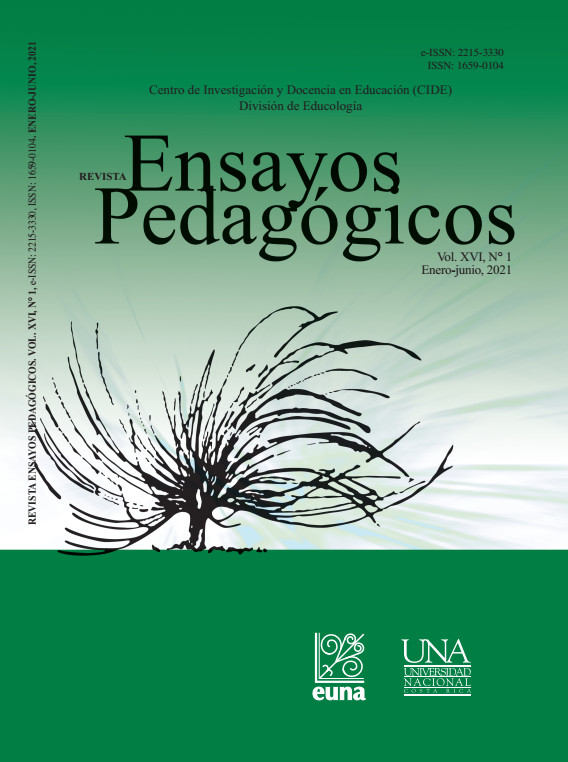On the "Teaching of Philosophy" and Touristic Education: Commitments and Responsibilities
DOI:
https://doi.org/10.15359/rep.16-1.4Keywords:
Philosophy, ethics, epistemology, tourismAbstract
A piece of writing is intended which relates tourism, as a profession, to philosophy and education, appreciating the role of the touristologist, and in this way, transcending the character of the tourist who, commonly, takes pleasure in his or her egocentric intentions to produce an ephemeral and solipsistic pleasure (“solus ipse”), with the danger of opting for indifference, even, of what happens around him or her as an extension of consumerism and materialism. Still, and despite the fact that attempts have been made to generate responsible tourism committed to the cultural environment, ecology, and the legacy of historical heritage, this essay shows an ideal understood as a personal goal and with a pedagogical and ethical objective. This appreciation stems from the author’s existential, work, and academic experience, the ultimate goal of which is to denote a constant need to ethically interpret tourism, being itself a potential pedagogical path, rather than simply one aimed at leisure.
References
Bieger, M. y García, P. (S. F.). La ética bajo la concepción de Aristóteles.
Recuperado de https://es.scribd.com/document/362037926/3-La-Etica-Bajo-La-Concepcion-de-Aristoteles-pdf
Bunge, M. (2002). Epistemología. México: Siglo XXI Editores.
Campodónico, R. y Chalar, L. (9 de julio, 2010). Turismo: una ciencia en construcción. Anais do VI Seminário de Pesquisa em Turismo do Mercosul: saberes e fazeres no turismo: interfaces. Universidade de Caxias do Sul. Brasil. Recuperado de https://www.ucs.br/ucs/eventos/seminarios_semintur/semin_tur_6/arquivos/09/Turismo%20una%20ciencia%20em%20construccion.pdf
Castro, R. (2008). Filósofos y viajeros: el pensamiento como extravío. Astrolabio. Revista internacional de filosofía, 6, 1-12. Recuperado de http://www.ub.edu/astrolabio/Articulos6/Castro-filosofos-viajes.pdf
Guzmán, J. (1997). Algo de Filosofía en torno al turismo. Gestión Turística, 1, 72-87. Recuperado de http://mingaonline.uach.cl/pdf/gestur/n1/art07.pdf
Panosso, A. (2007). Filosofía del turismo: una propuesta epistemológica. Estudios y Perspectivas en Turismo, 16 (4), 389-400. Recuperado de http://www.redalyc.org/pdf/1807/180713898001.pdf
Published
How to Cite
Issue
Section
License
Ensayos Pedagógicos is subscribed to the Attribution-NonCommertial-NoDerivatives 4.0 International Creative Commons Licence, which allows both authors and readers to freely download, store, copy, and distribute the final approved publisehd version of the manuscript (post-print) as long as this is done without commercial purposes, no derivative works are generated, and the source and author are mentioned. As well, Ensayos Pedagógicos declares that authors will remain the rightful owners of the copyrights of their work in perpetuity.







